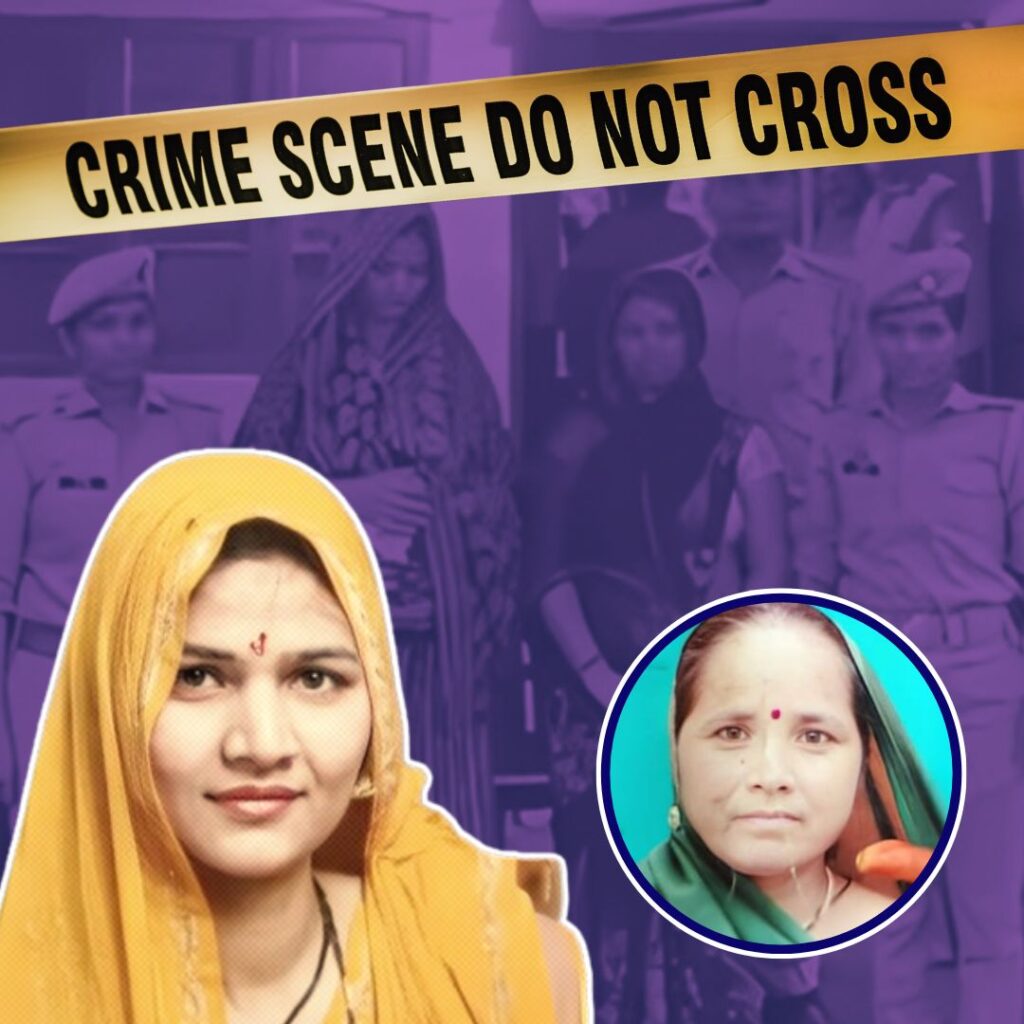After PM Narendra Modi’s landslide victory in the 2014 elections, he had announced an initiative called “Smart Policing” – Strict and Sensitive, Modern and Mobile, Alert and Accountable, Reliable and Responsive; Techno-savvy and Trained police force.
It is a Bureau of Justice Assistance (BJA) sponsored initiative that supports law enforcement agencies in building evidence-based, data-driven law enforcement tactics and strategies that are effective, efficient, and economical.
Under the edifice of smart policing, IPS officer Harssh Poddar got police stations in Maharashtra ISO certified
Urban police stations tend to be far more streamlined and better managed than their rural counterparts. Realising the gap in the quality of services provided, IPS officer Harssh Poddar decided to offer a solution to administer policing of a similar nature and standard in the rural police stations.
“During the early years of service, IPS officers are posted in rural police stations to get a better understanding of the force and how rural policing works. I was posted in Vaijapur subdivision, Aurangabad, which had 3 police stations. We got all of them ISO certified with infrastructure funds from village panchayats. We received great response from the community as the certification was a matter of great pride and ownership for them”, said Poddar.
On March 10 of this year, 7 more police stations in Kolhapur were ISO certified. And the whole process was completed within 16 days.
The idea behind the certification rural police stations is to enable the force to provide smart policing to the people – a service which is on par which urban policing.
The first step toward this cause was to certify the services that they were providing.
An ISO certification has two components to it – Process component – pertaining to the quality of the procedures offered by the police station. For instance, the time taken for passport verification, the time taken by a police vehicle to respond to the furthest point of its jurisdiction, the number of calls the police station is able to respond to, the number of pending investigations, etc. Infrastructure component – ensures that the people are coming to a space where solutions can be found. It pertains to the cleanliness of the police station, and the availability of drinking water, chairs and waiting rooms in the station for the general public.
Those police stations that fulfill the above criteria’s and match the standard of the ISO guidelines, are approved for the ISO certification.
ISO has different agencies that approve the certification in stages – first, they provide counseling on what the service provider needs, and second, they conduct an audit.
If a particular police station meets their standard, the ISO certification is approved.
“We had an agency conduct the audit and the video shooting. The good part about the ISO certification was that it was a public audit – they took feedback from the public who have used the services of the police station”, said Poddar.
Additionally, these police stations have immensely aided the Maharashtra police to conduct its Youth Parliament project – an initiative that seeks to create a platform whereby law enforcement agencies can guide impressionable minds against the ramifications of such tendencies.
“Apart from actually being able to provide opportunities to children, we needed to make these opportunities visible to them to prevent their deviation. This rarely happens in rural India, thus it was crucial we build a platform which lays out opportunities to them,” added Poddar.
ISO certified police stations are unheard of. The Logical Indian commends the initiatives taken by IPS Harssh Poddar to make this a possible. Quality policing is every citizen’s right and it’s essential that the general public receives the best service possible.











